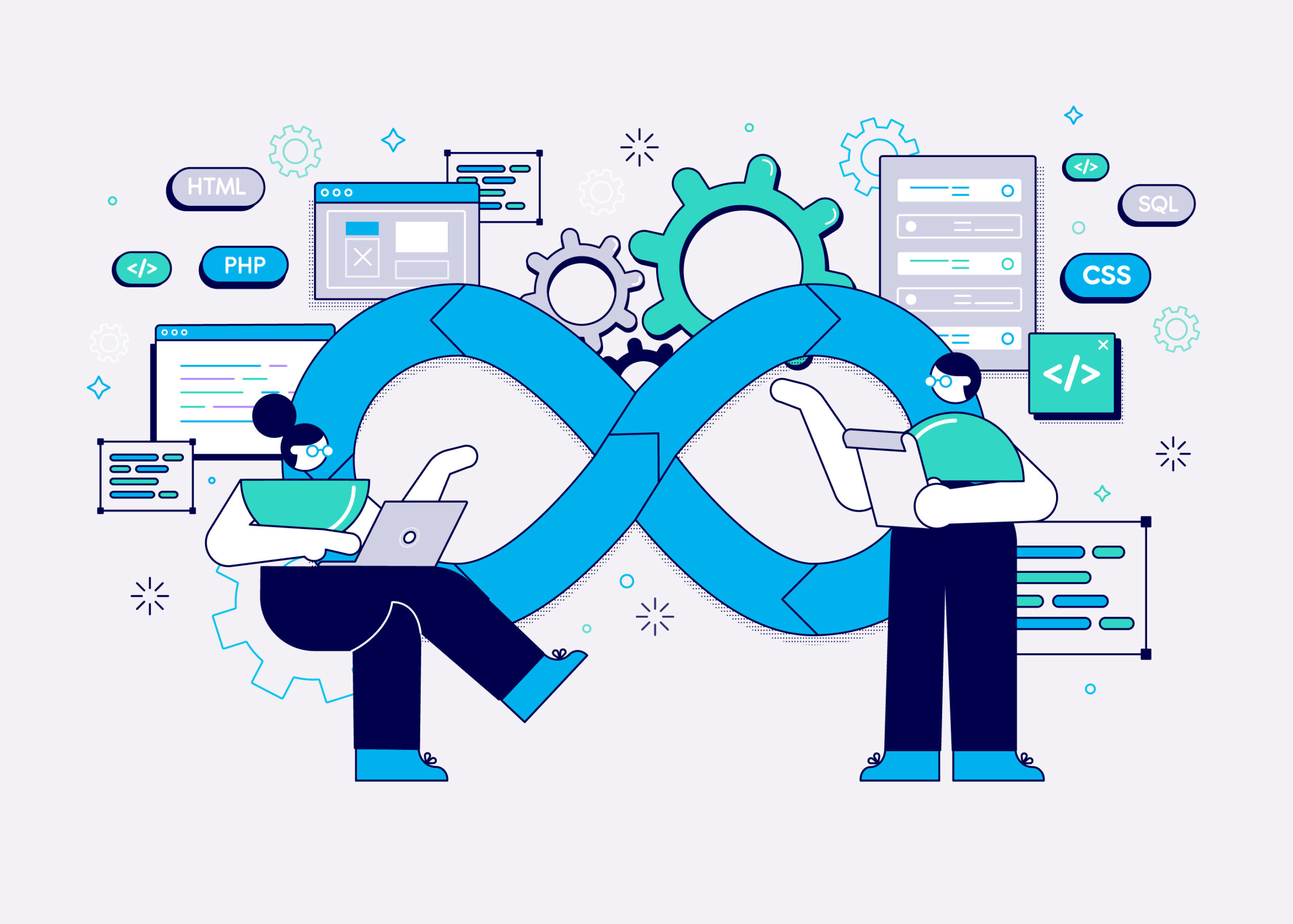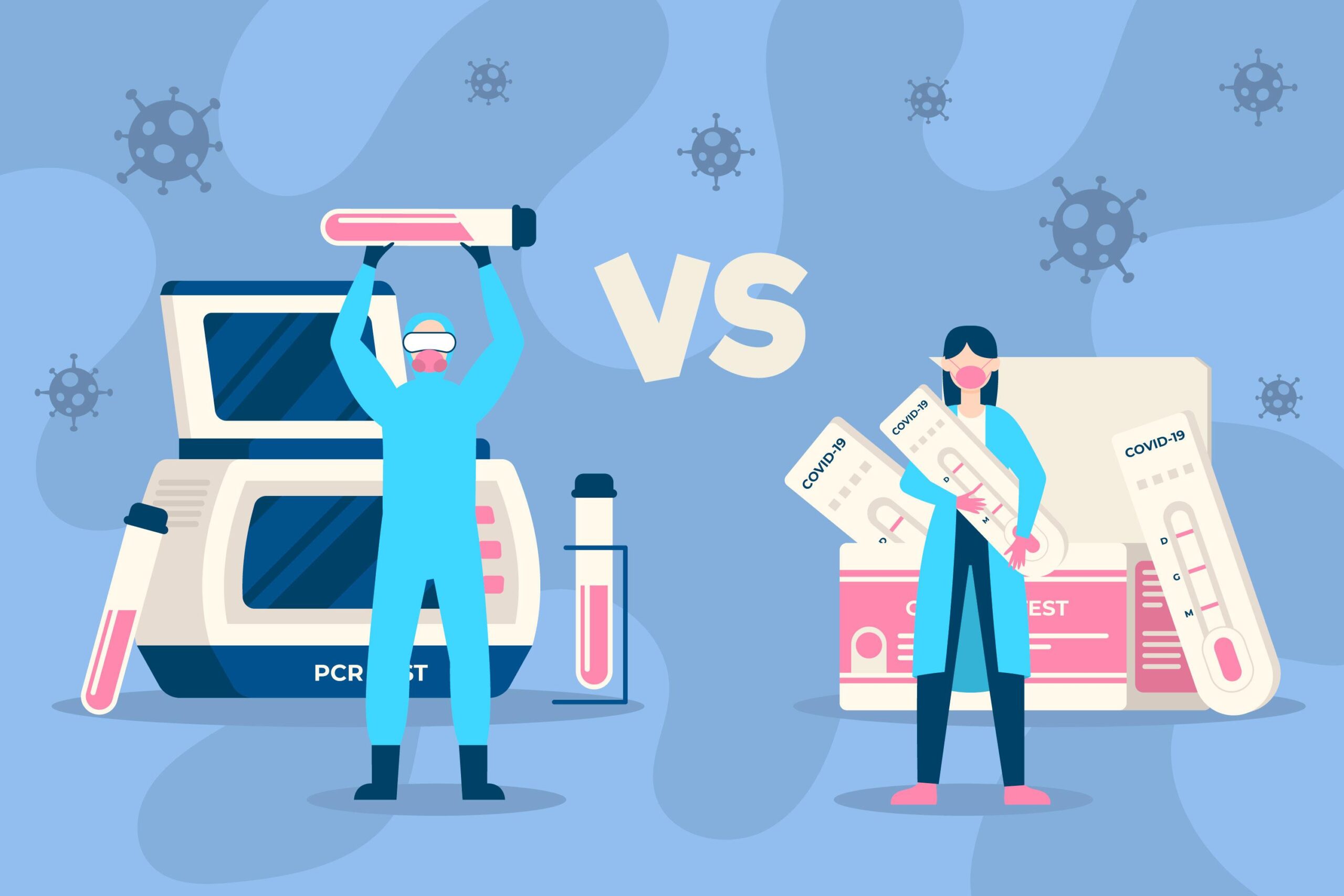DevOps best practices are the backbone of modern software development and operations, helping teams work faster, collaborate better, and reduce errors. If you’re a developer or business looking to stay ahead, understanding what DevOps best practices are and how to implement them is essential.
But you don’t have to do it all alone. Many businesses partner with professional IT consulting services providers like Tambena Consulting. These experts offer dedicated DevOps services, enabling businesses to scale efficiently, improve software delivery, and grow in real-time.
Let’s break down the 10 most essential DevOps principles every developer should follow to create a successful and future-proof tech environment.
What is DevOps and Why Is It Important?
Wondering what are DevOps best practices? Well, before getting into that, it’s important to understand the foundation.
What is DevOps?
DevOps as a service is a combination of “Development” and “Operations.” It’s a set of practices that integrates software development and IT operations to shorten the development lifecycle and provide continuous delivery with high software quality.
In simple terms, DevOps is about:
- Improving collaboration between teams
- Automating processes
- Increasing deployment frequency
- Enhancing product quality
Now that we’ve got the basics covered, let’s explore the core techniques and the top DevOps best practices you need to know.
Top 10 DevOps Best Practices Every Developer Should Master
1. Embrace Continuous Integration and Continuous Delivery (CI/CD)
CI/CD is at the heart of DevOps best practices. Continuous Integration means developers regularly merge their code changes into a shared repository. Continuous Delivery ensures that these changes are automatically tested and deployed.
Why it matters:
- Reduces integration issues
- Speeds up the delivery pipeline
- Increases code quality
You can have our CI/CD development services, which implement CI/CD pipelines, so that teams can catch errors early and deliver updates more quickly.
2. Automate Everything You Can
From testing and deployment to infrastructure management, automation reduces human error and speeds up processes.
What to automate:
- Code testing
- Deployment scripts
- Infrastructure setup using tools like Terraform or Ansible
Professional DevOps services often rely on automation to build scalable and repeatable systems.
3. Monitor Everything in Real Time
Monitoring isn’t just for troubleshooting. It’s essential for performance tracking, security alerts, and user experience optimization.
Use tools like Prometheus, Grafana, or Datadog to monitor:
- Application performance
- Server uptime
- Security incidents
Our IT consulting providers offer real-time monitoring solutions, which help businesses respond instantly to problems.
4. Use Infrastructure as Code (IaC)
IaC treats infrastructure setup (like servers and networks) as software code. This practice makes deployments faster and more consistent.
Benefits include:
- Version control for infrastructure
- Repeatable environments
- Reduced configuration errors
IaC is a standard offering from top DevOps consulting services because it simplifies infrastructure management.
5. Prioritize Collaboration and Communication
DevOps breaks down silos between developers and operations teams. Open communication leads to quicker resolutions and shared responsibility.
Best practices for team collaboration:
- Daily stand-ups
- Shared documentation
- Cross-functional teams
Successful companies encourage a culture of transparency and teamwork.
6. Shift Left: Start Testing Early
Instead of testing at the end of development, “shift left” means testing early and often. This approach helps catch issues sooner and improves code quality.
Tools to help:
- Unit tests
- Integration tests
- Static code analyzers
Shifting left aligns perfectly with the agile nature of DevOps workflows.
7. Implement Robust Security (DevSecOps)
Security is not an afterthought. Integrate security checks early in the pipeline with DevSecOps, a core extension of DevOps.
Security best practices include:
- Static and dynamic code analysis
- Secrets management
- Access control policies
By embedding security into the development process, you reduce vulnerabilities and increase trust.
8. Regularly Collect Feedback and Improve
DevOps is not a one-time setup. Continuously gather feedback from teams, users, and systems to refine your processes.
Feedback loops include:
- Retrospectives
- User analytics
- System alerts
Agile companies evolve based on continuous learning and real-time feedback.
9. Keep Your Environments Consistent
Inconsistent development, staging, and production environments often cause unexpected bugs.
To avoid this:
- Use containers (Docker, Kubernetes)
- Automate environment setups
- Use templates and scripts
Our professional IT consulting teams ensure consistent environments across development and production.
10. Track Key Performance Metrics
Measuring success is essential. Track key DevOps metrics like:
- Deployment frequency
- Mean time to recovery (MTTR)
- Lead time for changes
- Change failure rate
These metrics help you spot bottlenecks and improve system health over time.
How DevOps Services from Tambena Consulting Can Help Your Business
Understanding what DevOps best practices are is one thing, and implementing them efficiently is another. This is where our DevOps consulting services step in.
Why partner with our DevOps professionals?
- Expertise: Our teams are skilled in building CI/CD pipelines, automating infrastructure, and enhancing security.
- Customization: Our services are tailored to your business’s size, goals, and industry.
- Faster Time-to-Market: Efficient workflows mean faster product releases.
- Cost Savings: Automation and cloud management reduce manual effort and overhead.
By hiring consultants who offer DevOps services, businesses can modernize their systems, enhance team productivity, and grow in real time.
Ready to Embrace DevOps for Your Business?
The world of software development is changing fast, and companies that don’t adapt risk falling behind. Whether you’re a solo developer or a business leader, these DevOps best practices are your roadmap to better performance and faster innovation.
Instead of figuring it all out yourself, consider working with our experts who specialize in DevOps. With their support, you’ll not only implement these practices smoothly but also see real-time results in your business growth.
Final Thoughts
Adopting the right DevOps best practices is no longer optional; it’s a necessity for success in today’s tech-driven world. From automating deployments to integrating security and tracking performance, each of these ten strategies plays a critical role in transforming your workflow.
When backed by our experienced IT consultants offering professional DevOps services, you can confidently scale operations, release software faster, and build a resilient, future-ready business.






